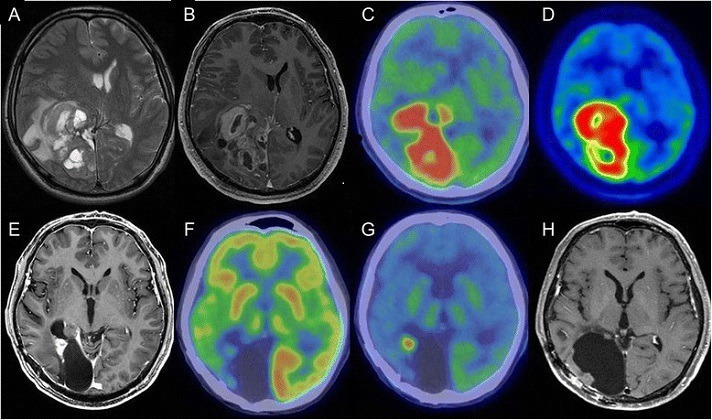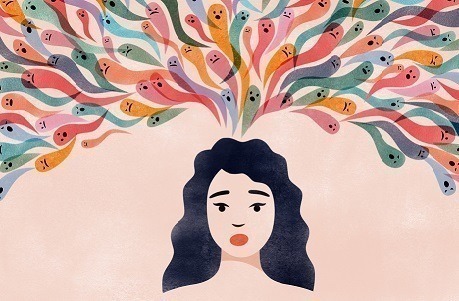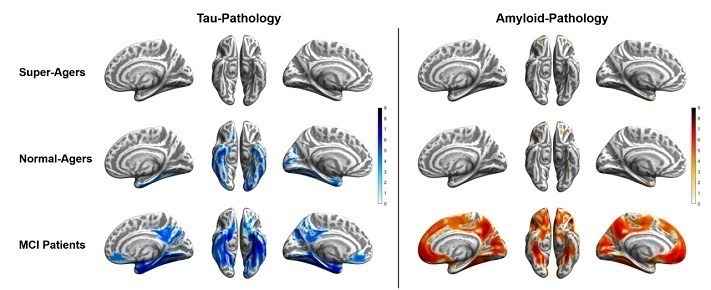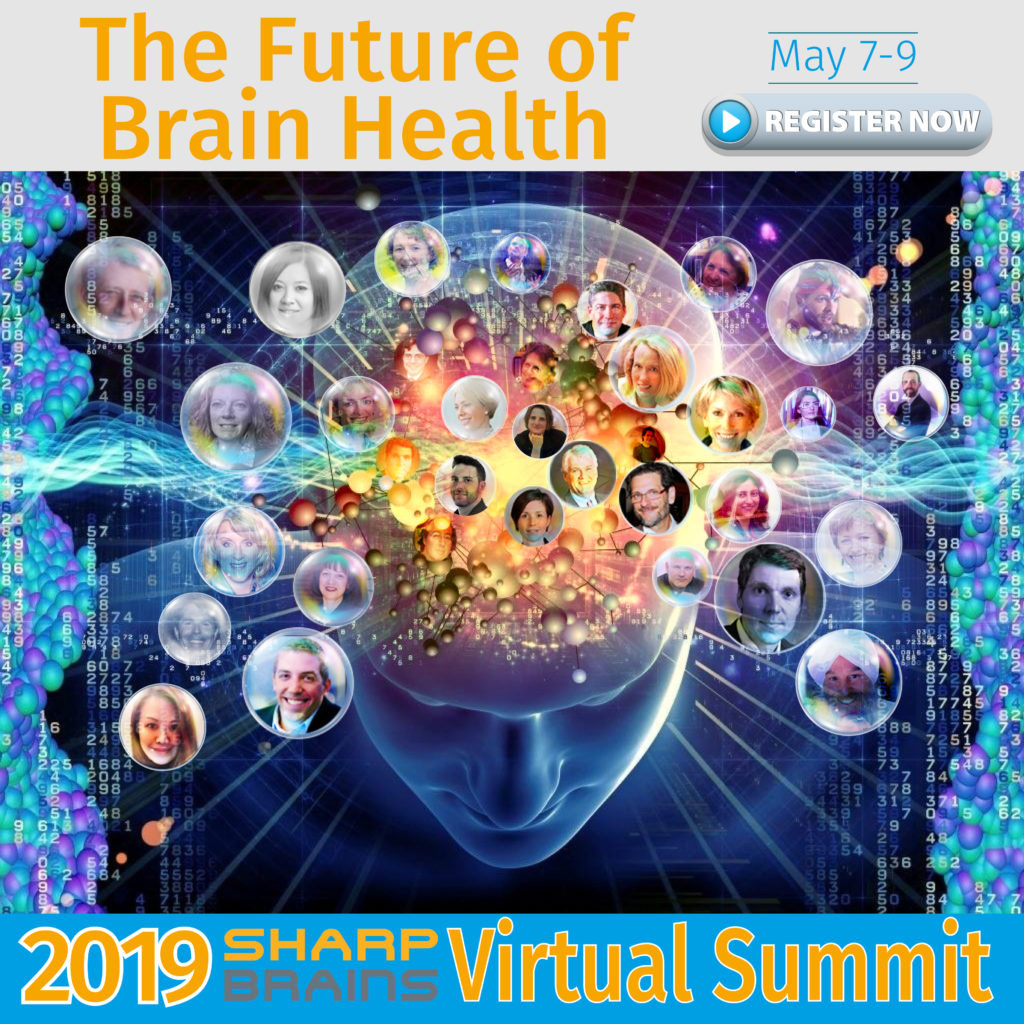Posts Tagged ‘brain-aging’
On mental fitness beliefs, lifestyles and new tools like apps, digital therapeutics, virtual reality, “brain age gaps” and more
Welcome to a new edition of SharpBrains’ e‑newsletter, featuring timely brain & mental health news and a fun couple of math brain teasers. #1. Study on the “ABCs of Mental Health” finds that simply believing you can improve mental wellbeing helps actually improve it Beliefs matter. #2. “Digital therapeutics” vs. “Mental health apps”: A growing…
Read MoreDeep learning model built on neuroimaging data identifies “Brain Age Gaps” as markers of Alzheimer’s disease (AD)
Brain Age Gap is a Composite Biomarker for Dementia Pathology or Severity (GEN): Mayo Clinic scientists have developed a computational model that predicts brain age using a large collection of neuroimaging data obtained using FDG-PET (fluorodeoxyglucose positron emission tomography) and structural MRI (magnetic resonance imaging). The deep learning-based model tests the relationship between brain age…
Read MoreComplex occupations help protect our brains from aging-related cognitive decline
Cognitive aging: Work helps our brain (AAAS): A recent study shows that work plays an active role in keeping our brains healthy. “We have demonstrated the role of working activity on cognitive performance”. Professor Raffaella Rumiati says … “Many studies have been focused on the factors influencing our brain aging and differences in cognitive decline…
Read MoreDon’t worry, be happy: How excessive worrying may influence the rate of neurodegeneration
Worrying and the Aging Brain (Dana Foundation): Over the past decade, scientists and clinicians have noted a significant association between common mental health conditions and accelerated brain aging—the changes to brain structure, physiology, and function that are thought to lead to later cognitive decline. Both depression and anxiety disorders, for example, are strongly correlated with…
Read MoreBrain scans show lower accumulation of tau and amyloid pathology among cognitive “super-agers”
Super-Agers Show Resistance to Tau and Amyloid Accumulation, Maintain High Cognitive Function (Society of Nuclear Medicine and Molecular Imaging press release): Super-agers, or individuals whose cognitive skills are above the norm even at an advanced age, have been found to have increased resistance to tau and amyloid proteins, according to research presented at the Society…
Read MoreThe Future of Brain Health & Wellness as seen by Joy Ventures, Total Brain, Vielight, Arrowsmith, Peak, CABHI and NeurotechX
__________ During Expo Day at the 2019 SharpBrains Virtual Summit (May 7–9th), selected Summit Sponsors and Partners had the opportunity to showcase their most promising brain health & wellness initiatives and solutions. We hope you enjoy their slidedecks below! (and please remember that the full recordings are available for purchase here) 8.30am. Dr. Hagit Alon, VP Scientific…
Read More





